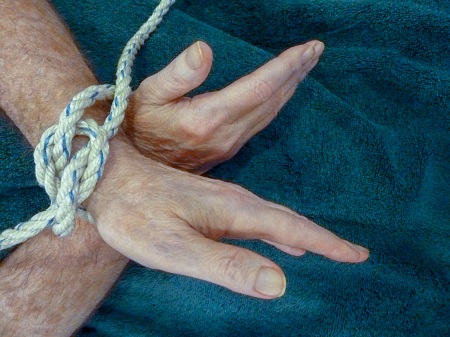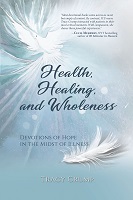Nail It
 During the Olympics and other sporting events, athletes want to nail it.
During the Olympics and other sporting events, athletes want to nail it.
- Skaters desire a perfect balance of style, strength, and difficulty.
- Swimmers want to remain in their lanes and reach the wall first.
- Runners pull out all the stops to cross the finish line before anyone else.
To nail it is to do a job well.
People succeed. They complete accurate work or present an almost perfect performance. They hit the nail on the head.
Jesus nailed our sins to the cross.
Although soldiers hung Him there, Jesus gave His life freely.
Jesus lived a perfect life and died the perfect sacrifice for our sins. His resurrection on the third day was the final nail of victory over sin and death.
We nail our part in God’s perfect plan when we accept Jesus’ offer of salvation.
We cannot earn our way to heaven. However, Jesus prepared the way for us. He nailed our salvation.
At Easter and always, we celebrate and tell others of the fresh start possible through Jesus’ perfect gift.
“[God] forgave us all our sins, having canceled the charge of our legal indebtedness, which stood against us and condemned us; he has taken it away, nailing it to the cross” (Colossians 2:13-14).
Thanks to Debbie Tapscott for the suggestion. Image by congerdesign from Pixabay.
Do you have an expression you want explained or a thought about this one? If so, please comment below.
Subscribe to receive my weekly posts by email and receive a free copy of “Words of Hope for Days that Hurt.”
If you enjoyed this post, please share it with your friends.








 Sometimes life gets so loud I can’t hear myself think.
Sometimes life gets so loud I can’t hear myself think. Last week we explored
Last week we explored